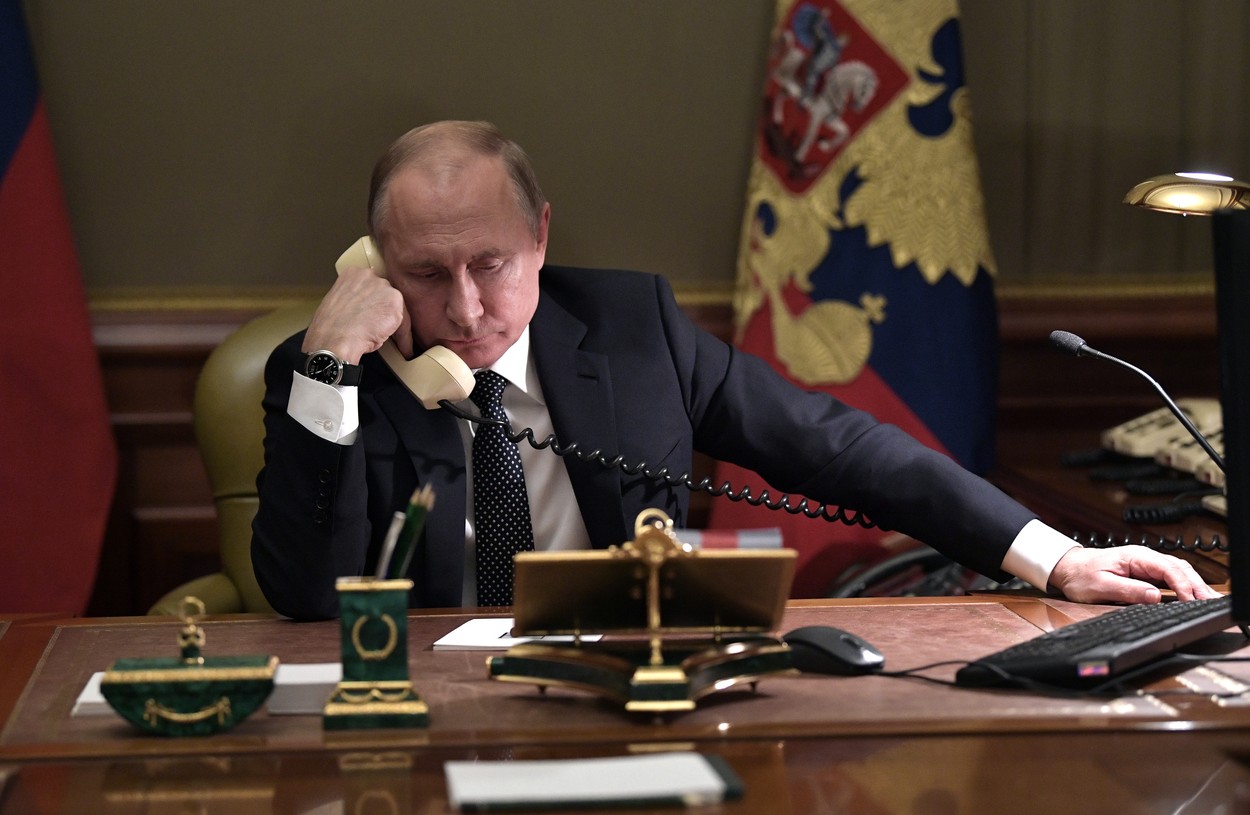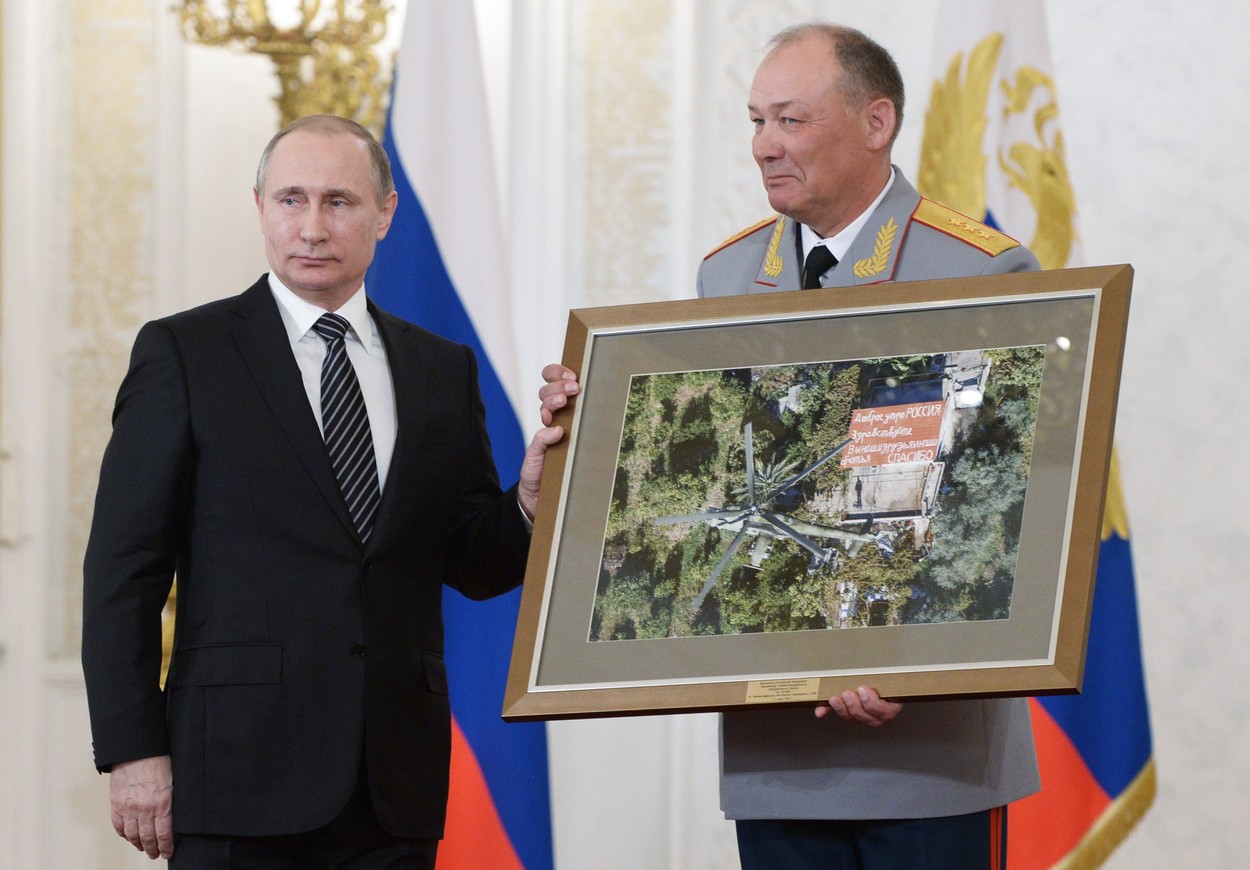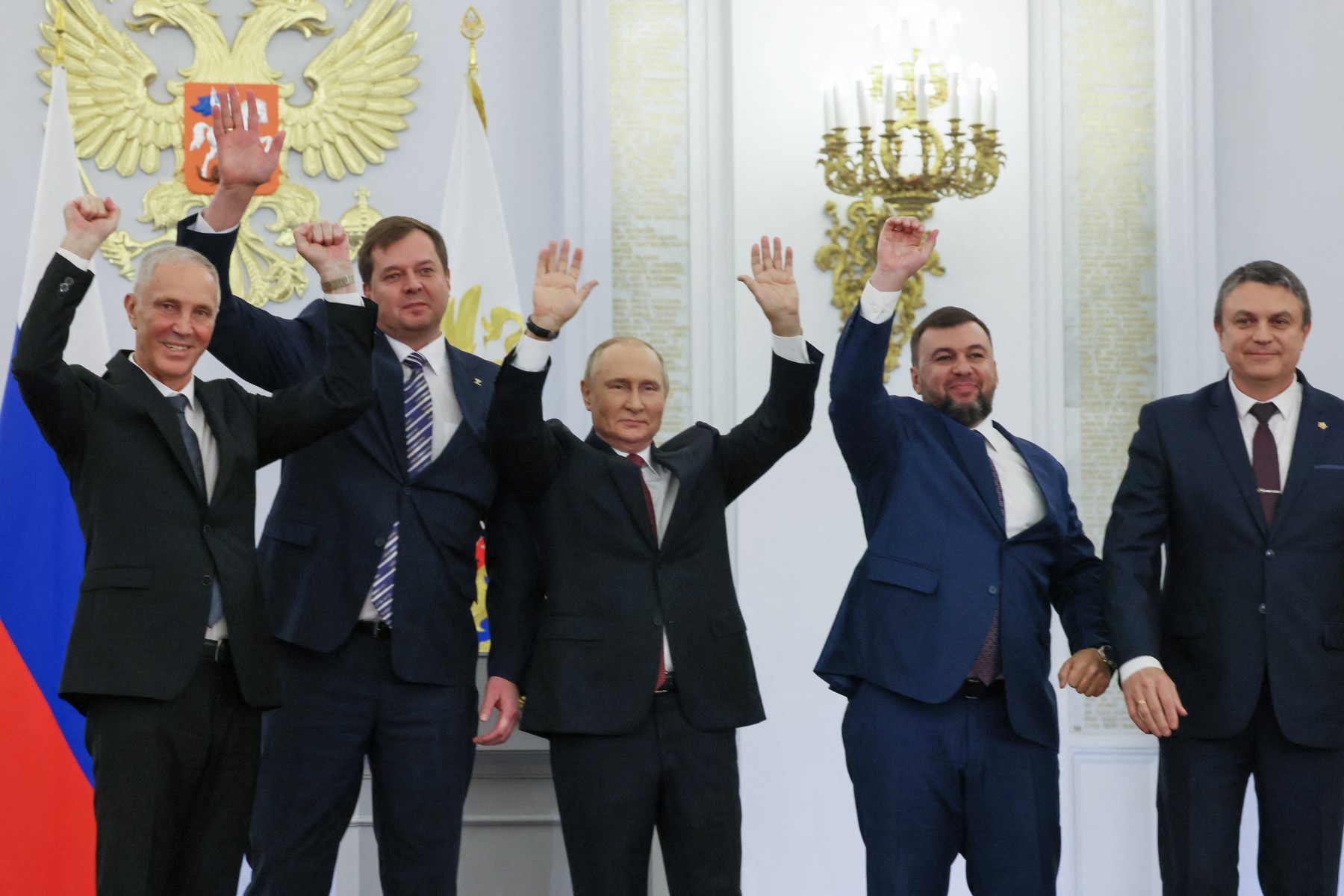
Retired Major General Mick Ryan says that no matter how many commanders Russian President Vladimir Putin changes, they will not be able to change the situation on the Ukrainian front, in large part because of the strategic mistakes the Kremlin leader continues to make.
Ryan points out in a series of posts published on his page Twitter that Putin responded to Saturday’s explosion on the Kerch Bridge in two ways: first, with a massive attack on Kyiv and other Ukrainian cities on Monday, and second, with changes in the military command in Moscow.
The Russian Ministry of Defense said on Tuesday that attacks on Ukraine’s energy infrastructure continued today, and the Ukrainian authorities reported new explosions in Lviv and Vinnytsia.
The Australian Major General also reminds that in July, President Volodymyr Zelenskyi told how the Russian armed forces have so far fired more than 2,900 missiles at Ukrainian cities. Later, on August 23, the President of Ukraine announced that their number had reached 3,500.
Secretary of the Security Council in Kyiv, Oleksiy Danilov, assured Ukrainians on Monday afternoon that Russia is gradually running out of missiles. For his part, Mick Ryan notes that after the new attack on Monday, the number of already launched has increased significantly.
“This has become one of the terrible facts of this war; the Russians cannot defeat the Ukrainian army on the battlefield, so they resort to terrorizing the peaceful Ukrainian population,” he says.
Then he mentions the appointment of Colonel-General Serhiy Surovikin as commander-in-chief of the “special military operation” that Putin launched on February 24.
“One of the most important principles in military operations is unity of command. This means that all forces must operate under a single commander who has the authority to direct these forces toward a common goal. It was a principle that the Russians seem to have completely ignored until now,” explains Mick Ryan.

PHOTO: Oleksiy Nikolsky / Sputnik / Profimedia Images
Changes in the leadership of Putin’s invasion army
Ryan also recalls that at the beginning of the invasion, which involved simultaneous attacks from the north, northeast, east, and south of Ukraine, all Russian forces in these theaters were under different commands and without any apparent coordination mechanism.
In April, the Russians attempted to remedy the situation by appointing General Alexander Dvornikov, whom Ryan describes as a “brutal leader and veteran of the Syrian campaign,” in overall command of the invasion force.
But Dvornikov was also engaged in fierce battles of attrition in eastern Ukraine, and Ryan said that despite the Russian general’s overwhelming artillery superiority, he only managed a Pirus-style victory after taking the city of Severodonetsk.
Thousands of Russians died in the battle, and Dvornikov was soon removed from command of the invasion force, although rumors of his replacement by Putin had surfaced even before the fall of Severodonetsk.
Ryan claims that Russian troops were then divided into two large groups: “Center” and “South”, and again the principle of unity of command was ignored.
The problems of the Russian armed forces do not lie with one general
“The setbacks experienced by the Russians across Ukraine over the past two months have apparently convinced the Kremlin to retry one commander. But the reality is that no living Russian general can change the situation in Ukraine,” says Mick Ryan.
He says the problems Russia’s armed forces have shown on the battlefield since the invasion run much deeper than just one commander, poor leadership at the tactical level or Moscow’s failure to truly modernize its forces over the past decade.

Dvornikov, who was nicknamed “the slayer of Aleppo”, led the Russian invasion forces from April to June (PHOTO: Oleksiy Nikolsky / TASS / Profimedia Images)
“The biggest reason for the failure of the Russian invasion was poor strategy. At the heart of this failed strategy were false assumptions and a fundamental lack of coherence between the desired political outcomes and the available military means,” the Australian general notes.
A graduate of Johns Hopkins University’s School of Advanced International Studies and the US Marine Corps Command and Staff College, he recalls that at the beginning of the invasion, Putin claimed that Ukraine was not even a real state, that he assumed that Kyiv’s forces would not fight and that the Russian will be accepted by the population of Ukraine as liberators.
“Because of these strategic assumptions, Russia invaded with too few forces, attacked in an uncoordinated manner on too many fronts, failed to achieve air superiority over Ukraine, and always fell behind in strategic operations,” Ryan explains.
Vladimir Putin’s missed opportunity
Ryan says that any one of these things alone would be difficult to overcome, but the combination would likely be “fatal” for a “special military operation,” especially given that Russian forces are facing an enemy that is smarter, more efficient and better at as a whole
The Australian officer also says Putin had an opportunity to give a sense of the invasion’s success after a speech he gave on May 9, when Russia celebrated World War II Victory Day. The head of the Kremlin then said that the armed forces of the Russian Federation would focus on the “liberation” of Donbas.
Ryan says that if he had followed through on that goal and ordered the mobilization when many Western analysts and officials expected, the war in Ukraine might look very different today.
“Perhaps the Russian military could achieve something with these reduced goals, which Putin could sell to the Russians as a ‘victory.’ But Putin postponed the mobilization for months. And then in his declaration of annexation in September, he decided to annex four more Ukrainian provinces to Russia, again expanding the political goals of this war,” says the Australian general.

PHOTO: Mykhailo Metzel / AFP / Profimedia
The Russian president continues to make strategic mistakes
“Given that the Russian armed forces in Ukraine are already stretched to the limit and trying to mobilize more troops, this was another demonstration of the mismatch between political goals and military potential. The gulf between political will and military means is now wider than at the beginning of the invasion,” adds Ryan.
Ryan says the new Russian recruits are likely to be little more than human “bedside cops” for Ukrainian forces on the offensive.
“Operational and tactical mistakes can be corrected, but strategic mistakes last forever,” he quotes from a book by Williamson Murray and Alan Millet, two military historians.
“During the war, Putin failed to reconcile his political goals for Ukraine with the military means necessary to achieve them. In the short term, Putin may continue to launch missiles at innocent Ukrainian civilians. But he will learn that his strategic mistakes will haunt him and the Russian people forever,” concludes Major General Mick Ryan.
Source: Hot News RU
James Springer is a renowned author and opinion writer, known for his bold and thought-provoking articles on a wide range of topics. He currently works as a writer at 247 news reel, where he uses his unique voice and sharp wit to offer fresh perspectives on current events. His articles are widely read and shared and has earned him a reputation as a talented and insightful writer.